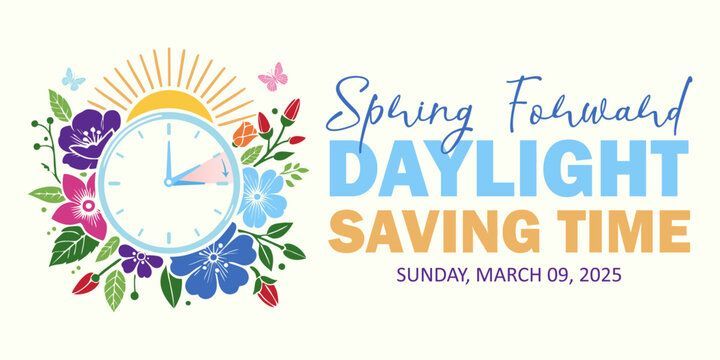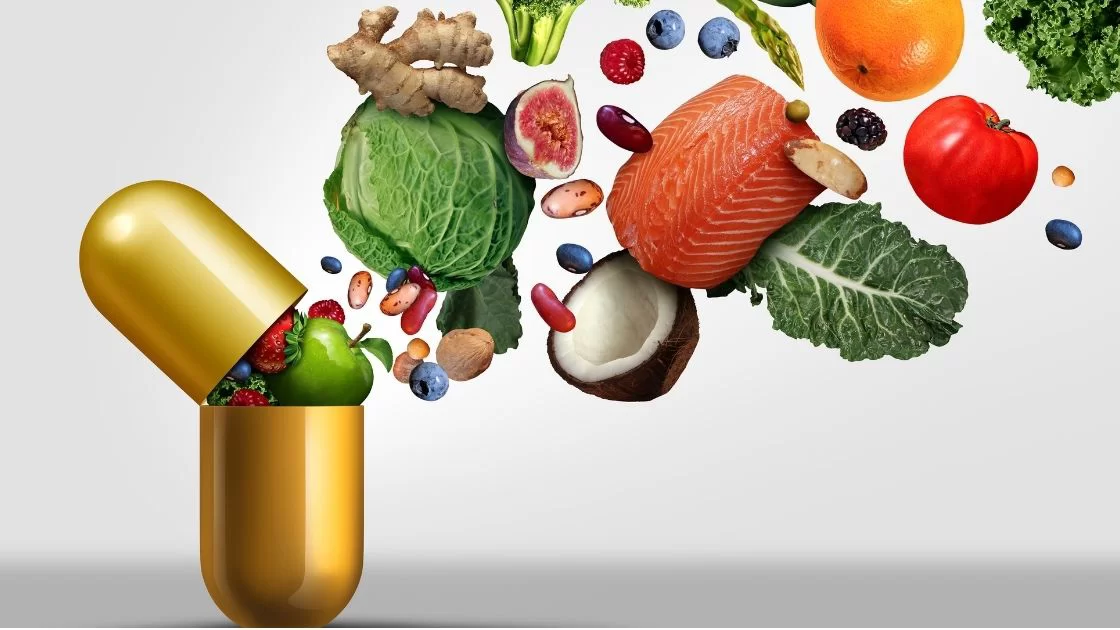By N. Smith
•
March 6, 2025
Aging is a natural process, but how we age depends mainly on our choices. Nutrition plays a key role in maintaining energy, cognitive function, and overall well-being as we age. Doctors and nutrition experts emphasize the importance of getting the right vitamins and minerals to support healthy aging. Here are seven essential nutrients that can help you stay strong, sharp, and vibrant for years. 1. Vitamin D – The Bone and Immune System Booster As we age, our bodies become less efficient at producing and absorbing vitamin D, which is crucial for bone health, immune function, and muscle strength. Low vitamin D levels can increase the risk of osteoporosis, fractures, and weakened immunity. You can get vitamin D from fatty fish like salmon and mackerel, as well as fortified milk and cereals. 2. Calcium – The Foundation of Strong Bones Calcium works hand in hand with vitamin D to maintain bone density and prevent osteoporosis. With aging, bone loss accelerates, which makes getting enough calcium through diet or supplements essential. You can get calcium naturally from milk, yogurt, and cheese. Calcium is also available in kale, salmon, tofu, almonds, and spinach. 3. B Vitamins – The Brain and Energy Supporters B vitamins, particularly B6, B12, and folate, are crucial for brain health, energy production, and red blood cell formation. B12 deficiency is common in older adults due to decreased stomach acid production, which impairs absorption. Vitamin B12 is in animal proteins like meat, fish, and eggs. Older people, especially those with specific stomach issues or taking medicine that lowers stomach acid, might need a B12 vitamin supplement. 4. Magnesium – The Muscle and Heart Protector Magnesium is vital in muscle function, heart health, and nerve function. It also helps regulate blood pressure and supports better sleep—both becoming increasingly important with age. You can find magnesium in various ingredients, including nuts, seeds, whole grains, and leafy green vegetables like spinach. 5. Omega-3 Fatty Acids – The Inflammation Fighter Omega-3s are essential for heart health, brain function, and reducing inflammation, which is linked to chronic conditions like arthritis and heart disease. They also support cognitive health, helping to protect against age-related decline. Fatty fish like salmon are a good source of omega-3 fatty acids. The same goes for flaxseeds, chia seeds, walnuts, and fish oil supplements, which are also excellent sources of omega-3 fatty acids. These options can particularly benefit those who may not consume fish regularly. 6. Vitamin C – The Skin and Immune System Defender Vitamin C is a powerful antioxidant that helps protect cells from damage, supports collagen production for healthy skin, and strengthens the immune system. It also plays a role in reducing the risk of chronic diseases. You can find vitamin C in many fruits and vegetables, including citrus fruits, berries, peppers, potatoes, and leafy greens. 7. Zinc – The Wound Healer and Immunity Booster Zinc is essential for immune function, wound healing, and maintaining a healthy sense of taste and smell. It also plays a role in reducing inflammation and supporting cognitive function as we age. Zinc can be found in oysters, red meat, poultry, pumpkin seeds, beans, crab, and dairy products. A well-balanced diet rich in these essential vitamins and minerals can significantly contribute to healthy aging. While supplements may be helpful in some cases, it's always best to get nutrients from whole foods whenever possible. Consult with your healthcare provider to assess your individual needs and ensure you are giving your body the best support for a long and healthy life. Credit Lara Vukelich 6 Vitamins and Minerals to Unlock Healthy Aging, According to Experts, https://www.cnet.com/health/nutrition/6-vitamins-and-minerals-that-unlock-healthy-aging-according-to-experts/
















